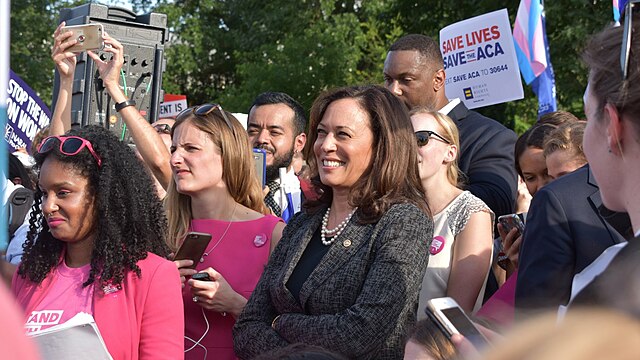 Like the storms of spring or the dead heat of summer, the campaign season wouldn’t be complete without its accompanying slew of political advertisements. Ranging from bright, inspirational messages to monochromatic, heavy, negative ads to the image of Herman Cain’s campaign manager smoking a cigarette, campaign ads run a wide gamut of possibilities.
Like the storms of spring or the dead heat of summer, the campaign season wouldn’t be complete without its accompanying slew of political advertisements. Ranging from bright, inspirational messages to monochromatic, heavy, negative ads to the image of Herman Cain’s campaign manager smoking a cigarette, campaign ads run a wide gamut of possibilities.
Just remember to take the claims made in these ads, which sometimes seriously straddle the boundary between truth and fiction, with skepticism.
“I wouldn’t trust them,” says Associate Professor of Political Science Ken Gilmore. “I don’t trust them. You need to have a critical eye … these ads mainly play on emotion.”
That’s something important to digest. Take, for example, a Gingrich-attacking ad run in Florida by the Romney-supporting Super PAC “Restore our Future,” dissected and fact-checked by Jonathan Karl of ABC News. It does get some facts right. Newt Gingrich was indeed fined $300 thousand in ethics violations as Speaker of the House, and his consulting firm was paid $1.6 million by embattled mortgage company Freddie Mac.
The rest of the ad is much, much more open to question. It accuses Gingrich of co-sponsoring a bill with Nancy Pelosi that would have given money to a U.N. program that supports “China’s brutal one-child policy.”
However, the bill in question — a 1989 measure to combat global warming and improve fuel standards — doesn’t have much to do with China’s one-child policy. In fact, it specifically prohibits any funds from going to “involuntary sterilization or abortion or … family planning.” Yes, Gingrich and Pelosi co-sponsored the bill, but so did 142 other members of Congress. The slanderous claims made by this ad are bizarre and seem to have little factual basis.
Given this low standard of truth that is accepted as a part of campaign advertising, what’s the average voter to do? It starts with being a critical thinker and varying one’s sources of information.
This is a sentiment echoed by Richie Zweigenhaft, Dana professor of psychology, who teaches an annual course on American media and culture.
“You see political candidates sold with advertising,” said Zweigenhaft. “It’s highly visual and emotional. We all think we’re not affected by the advertising, but that’s not always true. Political messages in particular require more critical viewing than most advertising.”
It’s tough to say with certainty who holds the impetus for accountability in regards to campaign ads. Is it the responsibility of the candidates who are doing anything they can to win? How about the press, who are sometimes accused of not pushing the candidates and investigating their statements enough for the “truth”? Or is it the general public, for not demanding a better democracy?
“It’s basically all the above,” said Gilmore in response to the questions. “You get the democracy you asked for.”
Zweigenhaft, however, sees some hope with the Internet and what it brings to the table for political discussion.
“The Internet changes the dynamic,” he says. “It incorporates text, gets people to read, and that’s a good thing.”
I’m inclined to agree. Campaign ads have proven again and again their effectiveness with the public, even if they often unreasonably deviate from the truth. Journalists are constantly reminded to find multiple sources before writing a story, and I would advise the same for evaluating politics.
It’s an oft-repeated piece of advice, but it’s worth restating as something we all need to keep in mind heading forward. in 2012 and the ongoing campaign season.





